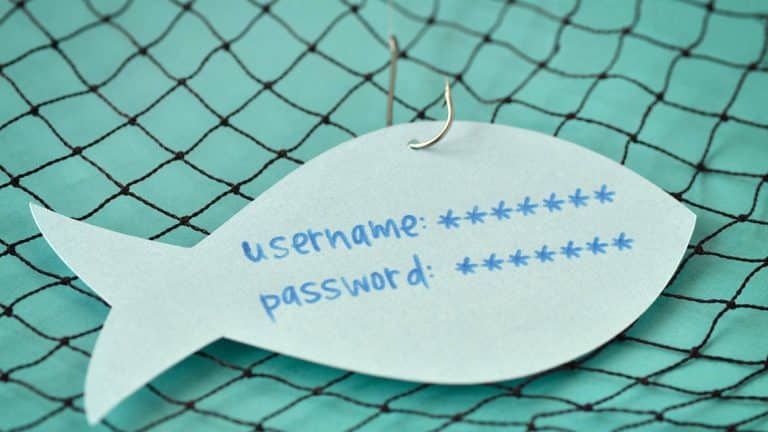Cold call scams
Netsafe receives a lot of reports from people about cold call scams – these are run by scammers who contact you on your phone. These scammers often try to sell you a fake product or service, or pretend to be from a legitimate organisation (like a telco) or a government agency. These scammers are trying…








